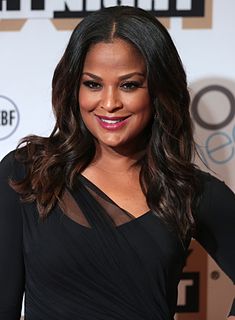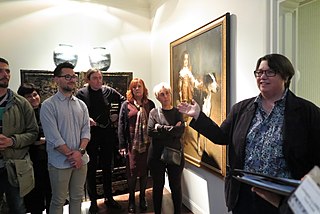A Quote by Orhan Pamuk
I always enjoy impersonating my characters in the first-person singular.
Quote Topics
Related Quotes
The first 'Saturday Night Live' season I was heavily interested in was the one with Martin Short, Billy Crystal, and Christopher Guest. There was just something about Martin Short in particular. I really related to him and hung on his every word and mannerism, so I started impersonating all of his characters as an 8th grader.
My first experiences with fashion were dressing up. It was always about fantasy for me. Dressing up as characters . . . I always thought that's what clothes were - that they would make you into the person you wanted to be. I'm an actress, so I love to act, and I think that's one of the most important things - the thing that makes you feel like another person.
The word priority came into the English language in the 1400s. It was singular. It meant the very first or prior thing. It stayed singular for the next five hundred years. Only in the 1900s did we pluralize the term and start talking about priorities. Illogically, we reasoned that by changing the word we could bend reality. Somehow we would now be able to have multiple “first” things.





































